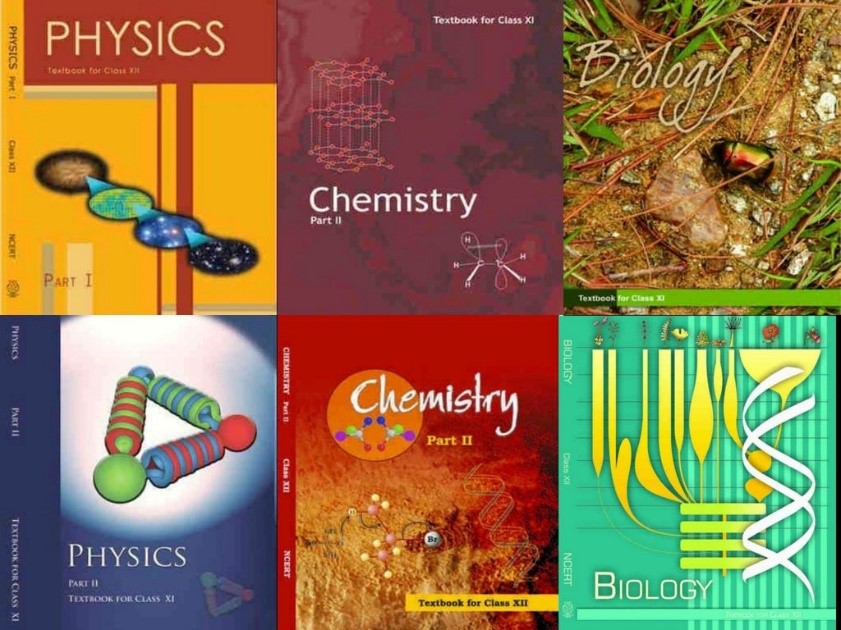Free Courses Sale ends Soon, Get It Now


Free Courses Sale ends Soon, Get It Now



Disclaimer: Copyright infringement not intended.
Context
Background
While NCERT textbooks have been a centre of controversies since 1977, here are a few recent changes in NCERT textbooks that sparked a row:
Deletions in NCERT
Concerns raised
Government’s stance
Closing remarks
|
PRACTICE QUESTION Q. The arguments proffered for the deletions of chapters in history textbooks are at best weak, and at worst untenable as they appear to be particularly targeting certain periods of Indian history, and also do not indicate an appreciation of developments in world history. Comment. |
© 2024 iasgyan. All right reserved